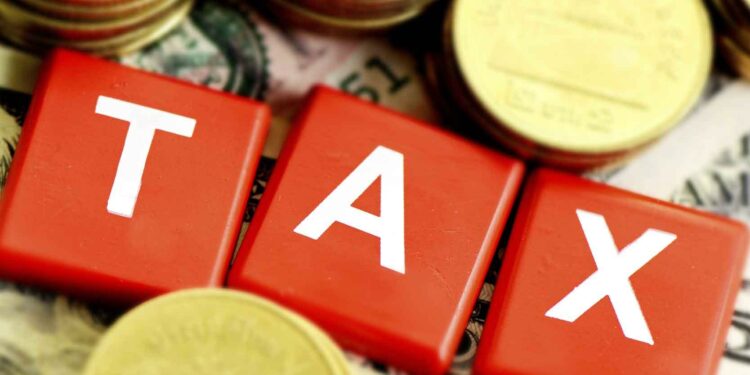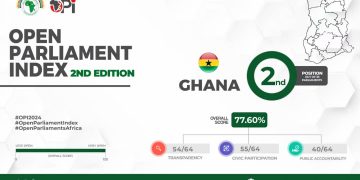How AI Can Help Both Tax Collectors and Taxpayers
New technologies have the potential to improve the relationship between governments and citizens. Tax portals, customs IT systems and online services have simplified interactions with public authorities, reduced bureaucratic hurdles, and increased transparency. Now, generative artificial intelligence (GenAI) is emerging as the next transformative force. Known for its ability to understand and produce human language, GenAI opens possibilities that go beyond simple automation. However, in an area as politically sensitive as taxation, it also raises important questions that could quickly undermine trust.
Tax authorities are beginning to explore GenAI, though most efforts are still at an early, experimental stage. The most evident area so far has been on improving communication with taxpayers.
In Singapore, a virtual assistant answers tax questions in multiple languages and has cut call-center inquiries by half. Korea has deployed an AI guide to help citizens file and pay taxes. In France, AI can analyze incoming emails and propose draft responses for civil servants to validate. While these applications are promising, a more profound question emerges: Can GenAI significantly alter the relationship between governments and citizens? Furthermore, how will it influence the way citizens experience and perceive taxation—a politically sensitive process that is governed by law yet deeply intertwined with social norms and practices?
What’s new with GenAI?
Most AI systems currently used by tax and customs authorities are predictive and built for a single function. They analyze large sets of structured data—like past tax declarations or transactions—to produce things like risk scores to indicate possible fraud. By contrast, GenAI is a generalist system that understands almost all forms of information and is designed to interact with humans in any language. It can handle a range of tasks, from drafting letters to providing interactive guidance about tax regulations and assisting officers in their investigations.
By training a GenAI agent with legal texts, tax codes, operating procedures, and internal guidelines, administrations can adapt it to specific needs. The result is a dynamic system capable of understanding and producing content that both civil servants and taxpayers can interact with.
Transforming the State-Society Relationship
While AI tools already in use often enhance efficiency, they have not fundamentally changed the way revenue authorities work or engage with citizens. They mostly replaced manual tasks or systems for econometric or statistical modelling.
With GenAI, there are more profound implications. Internally, it can help tax and customs officials to focus on analytical and judgment-based roles, allowing them to become oversight specialists and increasing their productivity. Externally, it can reduce the knowledge gap between administrations and taxpayers, aiding in the interpretation of complex provisions, navigating laws, identifying deductions, and even auto-filling forms.
For low-income countries, GenAI offers the opportunity to drive organizational reforms and leapfrog into the most modern systems. For example, in Madagascar, the customs authority wants to use GenAI to improve risk management, combat fraud and increase revenue, using data accumulated over 10 years to train its system.
The human-like interactions offered by AI chat tools can personalize the process, as shown in Singapore and Korea, where users can ask questions and receive plain language replies. Citizens’ organizations, academics, and political parties can also use GenAI to examine proposed reforms, compare scenarios, and engage in deeper policy debates. This two-way transformation could increase overall trust, making taxation feel less like a frustrating obligation and more like a shared responsibility of both taxpayers and governments.
Preconditions for success
Despite its potential, GenAI also comes with challenges. Issues related to data quality, ethics, privacy concerns and hallucinations (i.e., incorrect results) must be addressed to reinforce and not erode trust. For instance, Korea’s approach—directing particularly sensitive queries to human agents—reflects the need for careful oversight of confidential matters. Results must be explainable and perceived as fair in all cases.
Effective knowledge management is another requirement. Revenue authorities have extensive laws, regulations, case records, and operational manuals. However, scattered archives and incomplete digitization can hamper efforts to train AI systems effectively. A human must determine which documents are accurate, relevant, and suitable for inclusion in the training material.
As GenAI becomes integrated into various aspects of revenue administration, employees will need to be trained to interpret, correct, and complement its outputs. Policymakers must ensure that errors are reported and addressed promptly.
By providing human-like capabilities to support taxpayers and tax authorities, GenAI can act as both taxman and taxpayer assistant, automating routine tasks, clarifying complex issues, and fostering a more transparent and collaborative relationship. This technology can lower administrative hurdles, demystify tax obligations, and invite broader participation in policy debates. However, shaping it properly requires strong leadership, ethical policy frameworks, and vigilant oversight of data quality, privacy, and accuracy.








